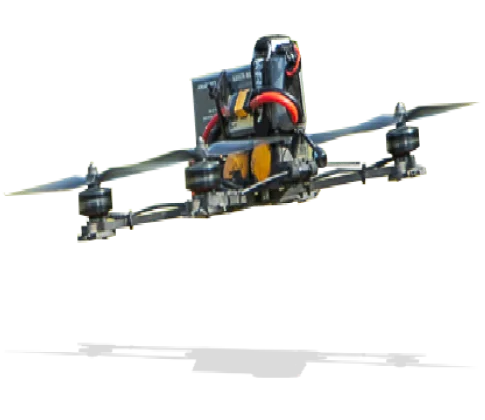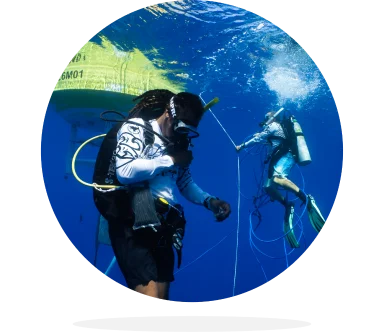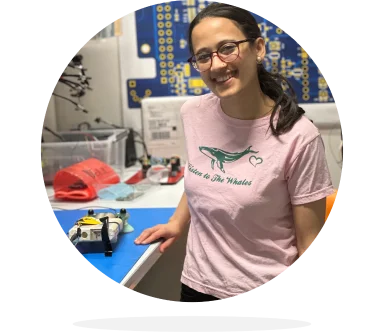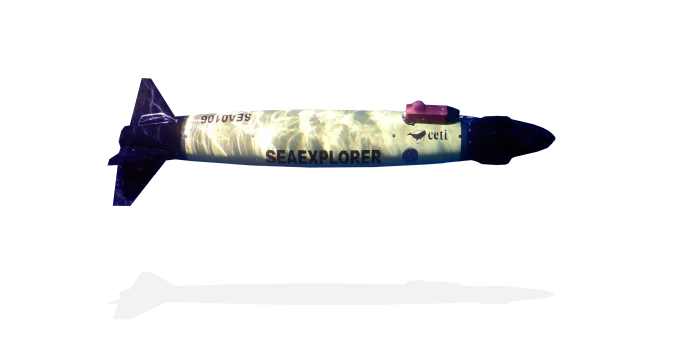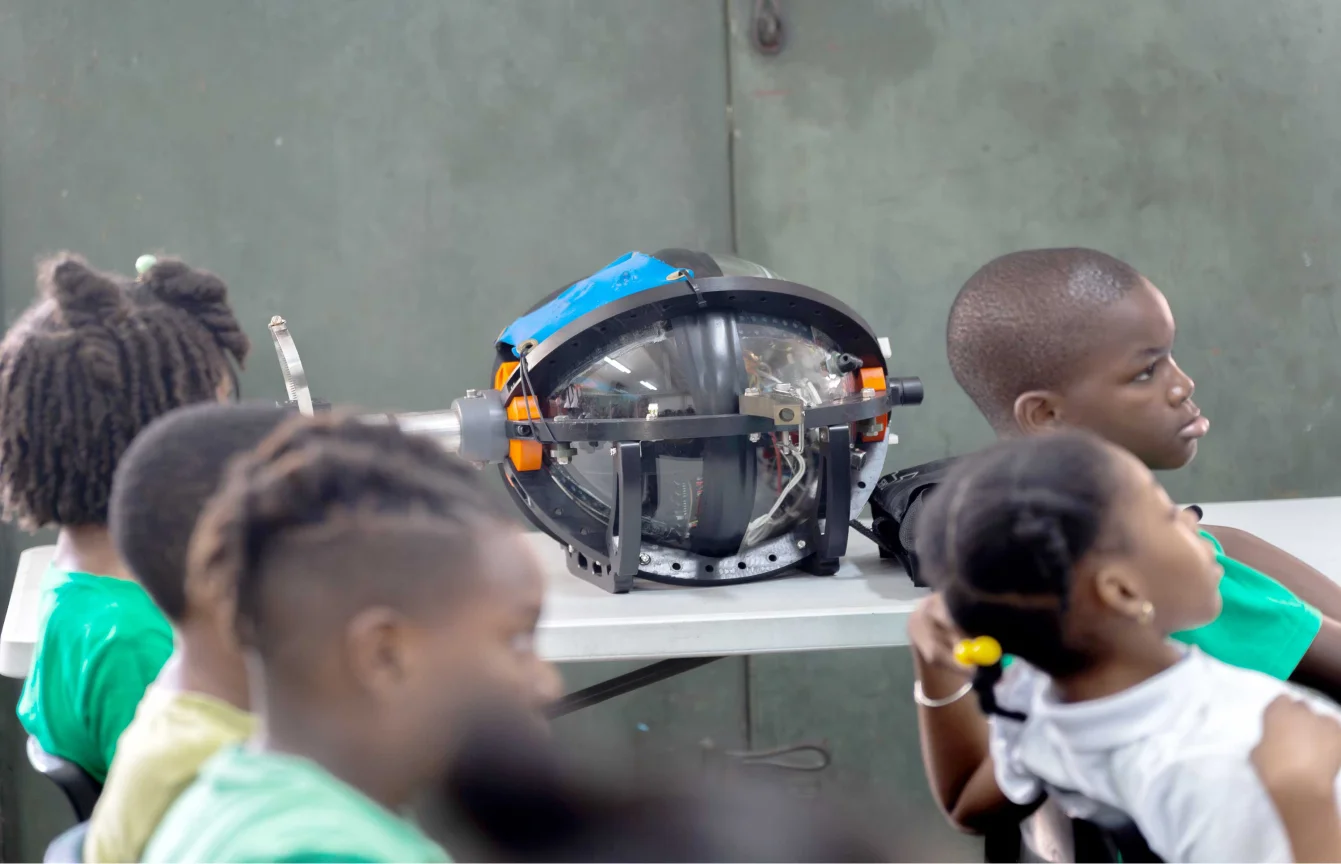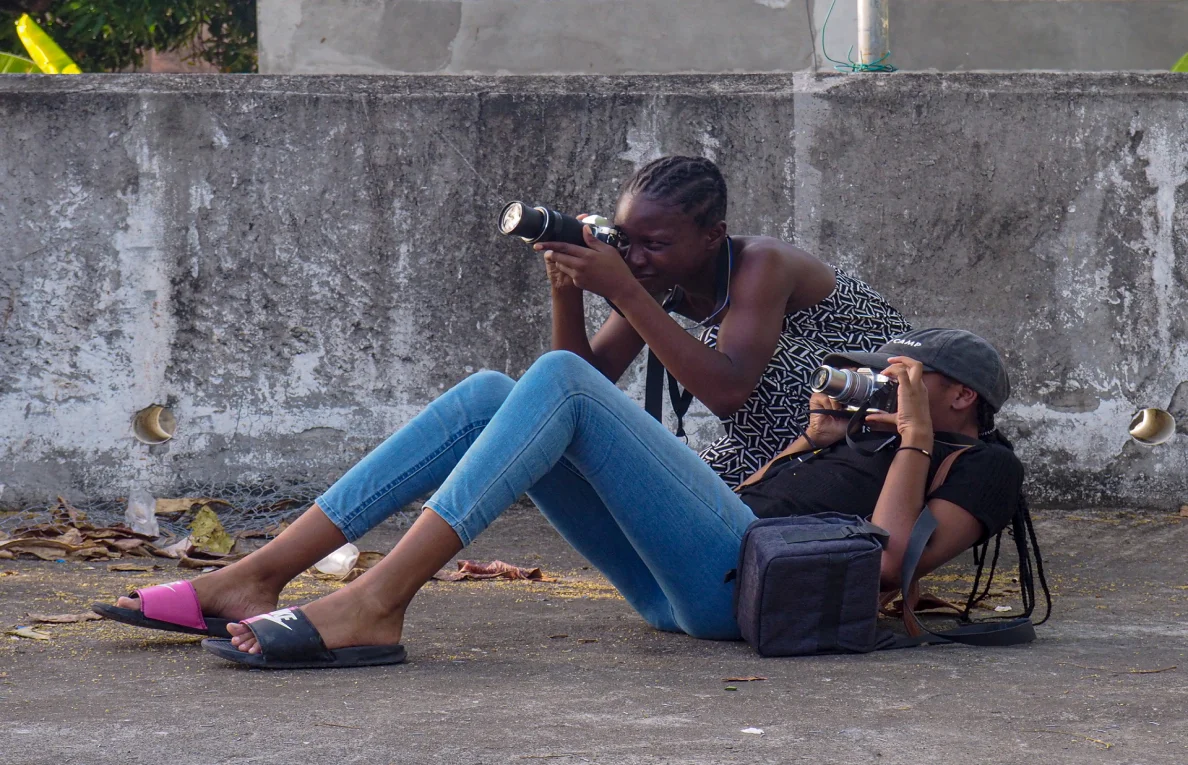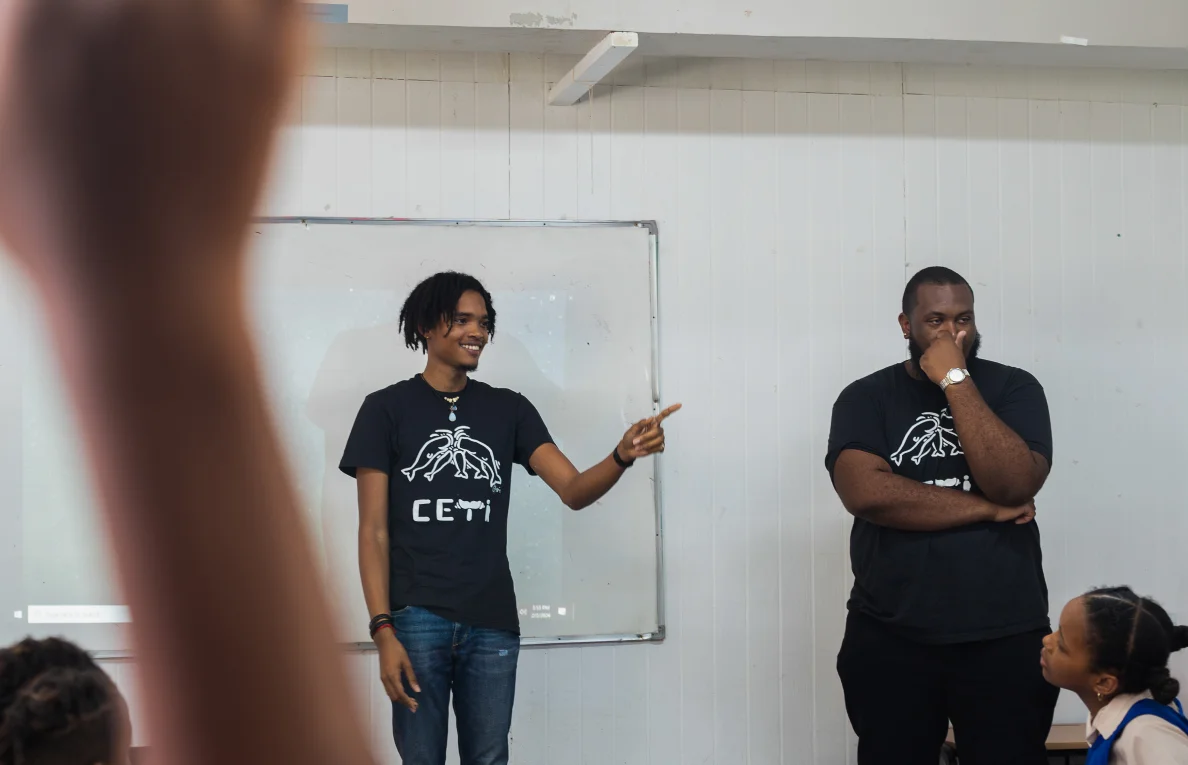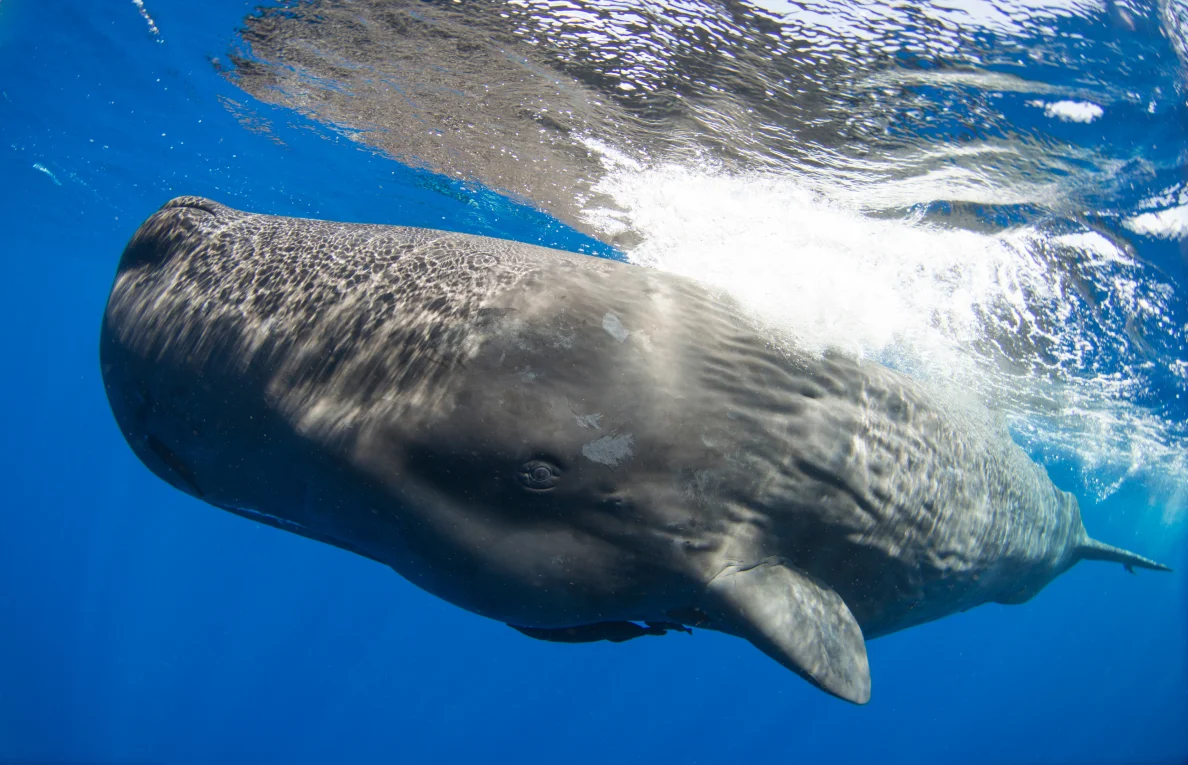“This project is kind of an offering…can technology draw us closer to nature? Can we use all this amazing tech we’ve invented for positive purposes?”
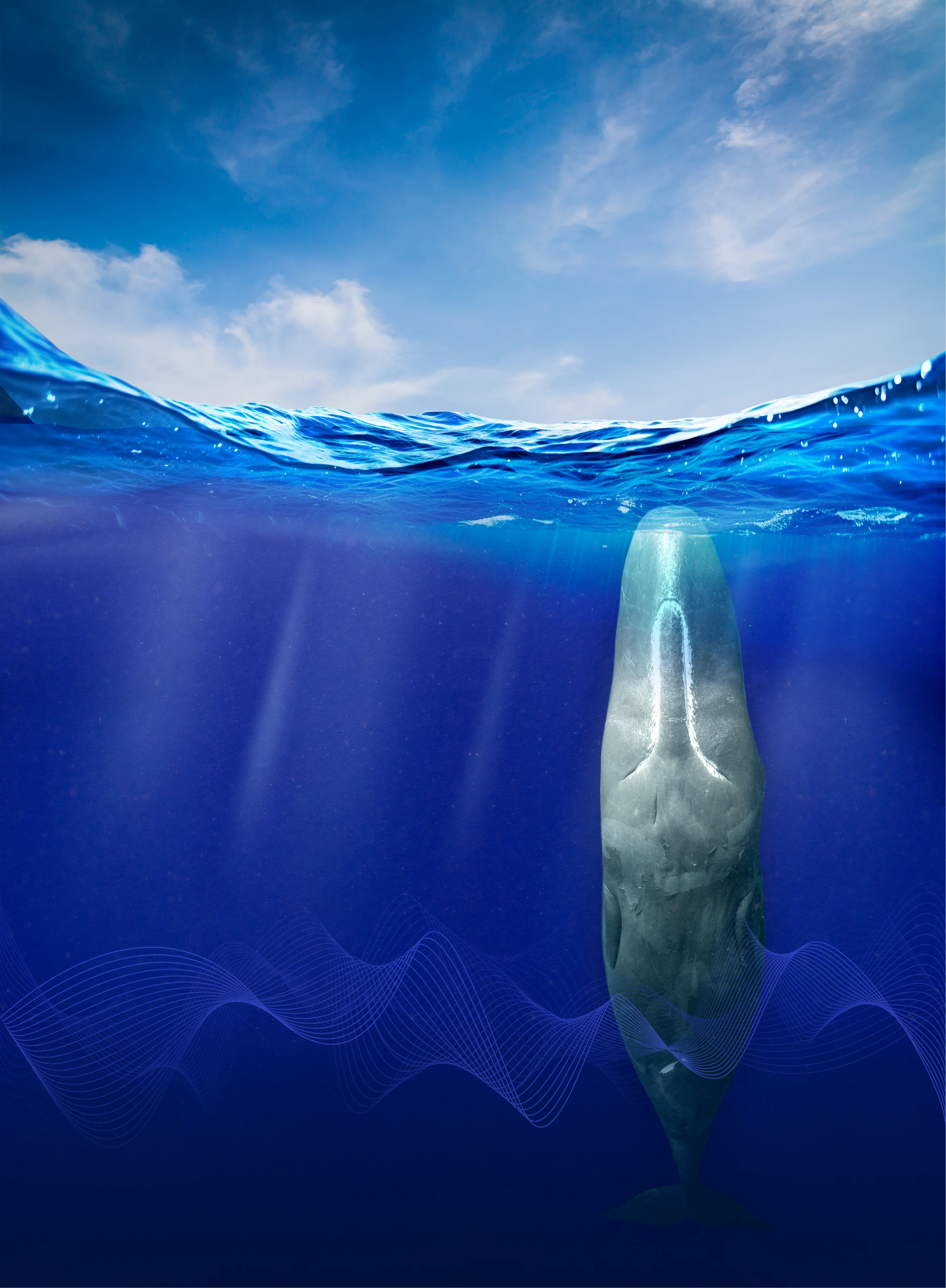
Deep in the waters lives a creature so large, so sophisticated, so mysterious that has fascinated humans for millennia. We have told their stories and marveled at their songs
What would happen if we could understand what they are saying?
Project CETI
(Cetacean Translation Initiative)
Aims to decipher the communication of the most enigmatic species: the sperm whale. And by doing so, we hope to ignite a new global movement to protect our oceans and planet.

“CETI represents the most ambitious, the most technologically sophisticated…effort ever made to communicate with another species.”
ELIZABETH KOLBERT, THE NEW YORKER, SEPTEMBER 4, 2023, “TALK TO ME”.
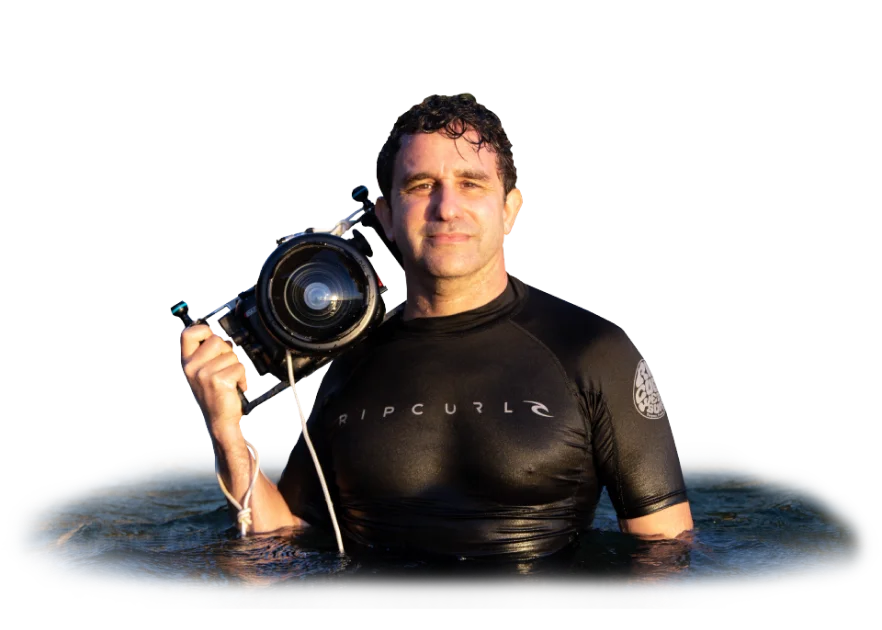
Photo: Michael Lees, National Geographic Society
We often say at CETI we are not trying to talk to whales. We’re listening to –and translating– what they are saying.
In 2023, I thought more than ever about what that really means. As an interdisciplinary science team of over 50 scientists across 15 institutions spanning nine countries we must listen to and understand each other as much as we’re listening to the whales.
What I’ve come to realize is that for CETI, listening means that we want to do things as right as we can, for the benefit of whales and ourselves.
We’re taking the time to develop technologies that combine the best innovations with brand-new ways of gentle interactions with marine life – like our biology-inspired tags, modeled after examples such as clingfish and suckerfish.
We’re thinking about the context for our scientific findings and the implications for what we think we know about the animal kingdom. Just this summer, we not only witnessed a sperm whale birth but collected the most extensive data ever documented. The recordings may be evidence of the most participatory and caring births across the animal kingdom, which we are currently analyzing and will plan to report our findings this year.
We’re looking at how CETI’s research can support conservation and policy protections for whales. We celebrated alongside the world when the Government of Dominica announced the world’s first-ever sperm whale reserve, in the Eastern Caribbean where our work takes place. We’ve built a partnership with New York University’s School of Law, More Than Human Rights project, to have the maximum positive policy impact as we obtain the ability to understand non-human communication as never before.
We’re prioritizing the next generation. Our Dominica Marine Conservation Fellowship Program, which aims to increase Dominica’s youth participation in marine science and conservation, welcomed four new Fellows and graduated its first three alumni in 2023.
We’re being strategic about considering playback studies – if and how we do them, if and when it would be required to further our research, and the implications for a whale to hear its own voice reflected back to them.
We’re proud to share what we’ve achieved as an organization this year in this report. But most importantly, I hope you come away knowing that we’re doing this work because we hope that our findings will lead to a greater understanding of our oceans and our planet.
Thank you for being on this epic journey with us.
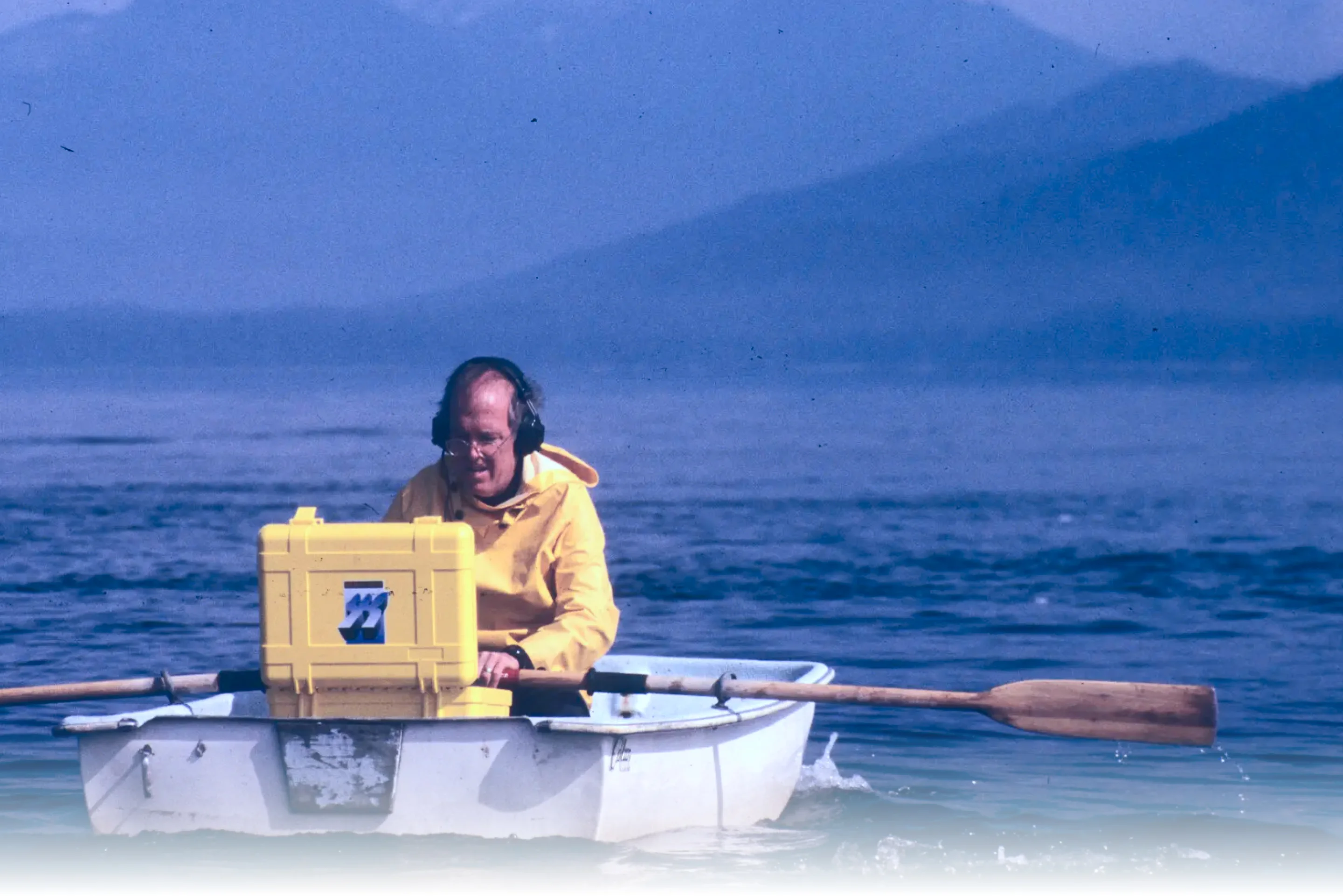
In Remembrance of
Roger Payne
“I’ve often pondered what it would take to spark a new conservation movement uniquely suited to the opportunities and challenges we face in this age of dire warnings and unassailable evidence of a rapidly changing planet. A movement that inspires a new generation, gives voice to the marginalized, and uses science to inspire awe instead of fear. The question has recently led me to an initiative I’m involved with called Project CETI.”
DR. ROGER PAYNE, TIME 2023
Photo credit: Ocean Alliance
A principal advisor to CETI, Roger Payne sparked the “Save the Whales” movement, a pioneering conservation initiative that saved several whale populations from extinction. Roger will be remembered not only for saving the whales but for teaching humanity how to marvel at the wonders of the natural world. We honor Roger’s legacy by continuing to listen to the whales with every bit of empathy and ingenuity we can muster and invite you to listen to the symposium held in Roger’s honor at MIT’s CSAIL on September 15, 2023.
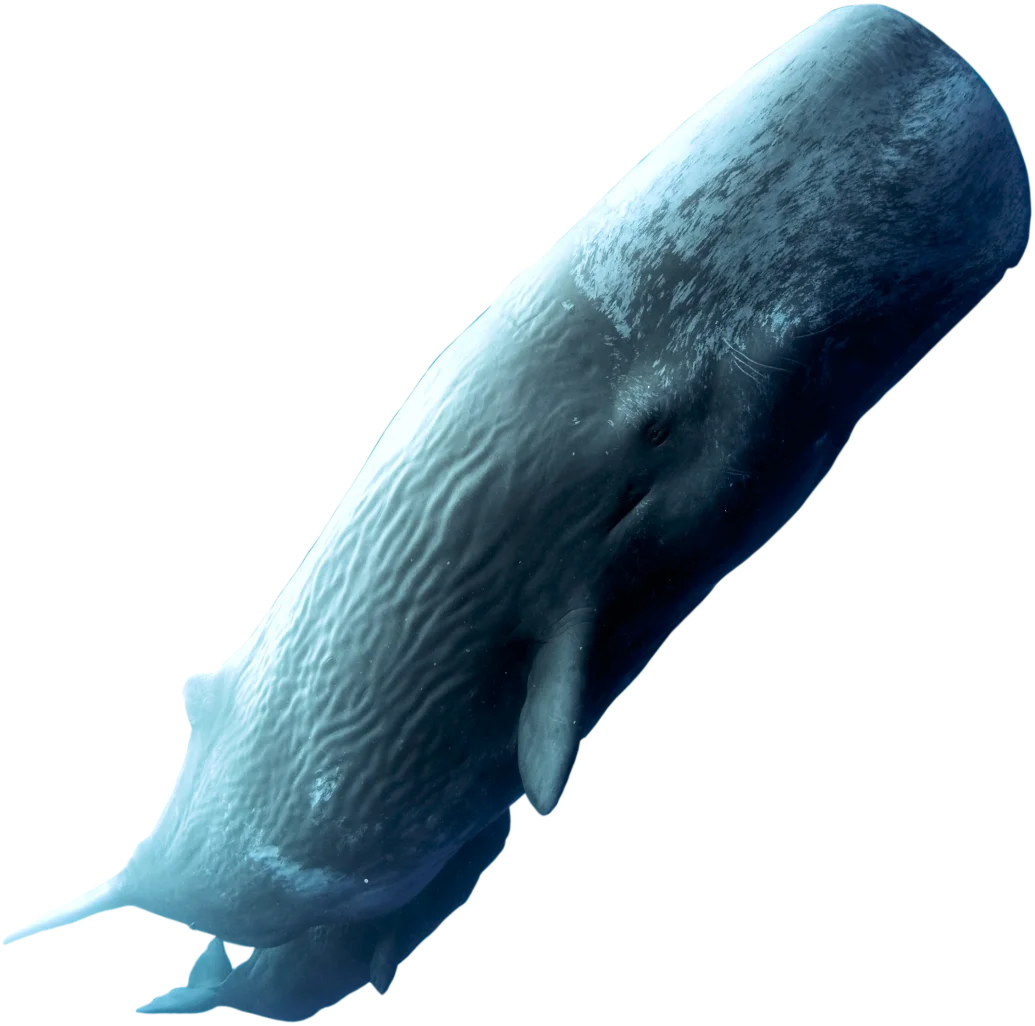
We’re On a
Mission
Our mission is simple:
- Achieve advancements and breakthroughs in interspecies communication
- Share our learnings with the world
- Transform human understanding & connectivity
We're constructing a one-of-a-kind large-scale acoustic and behavioral data set to train CETI’s technology to observe whale communication in context and to translate whale-speak.


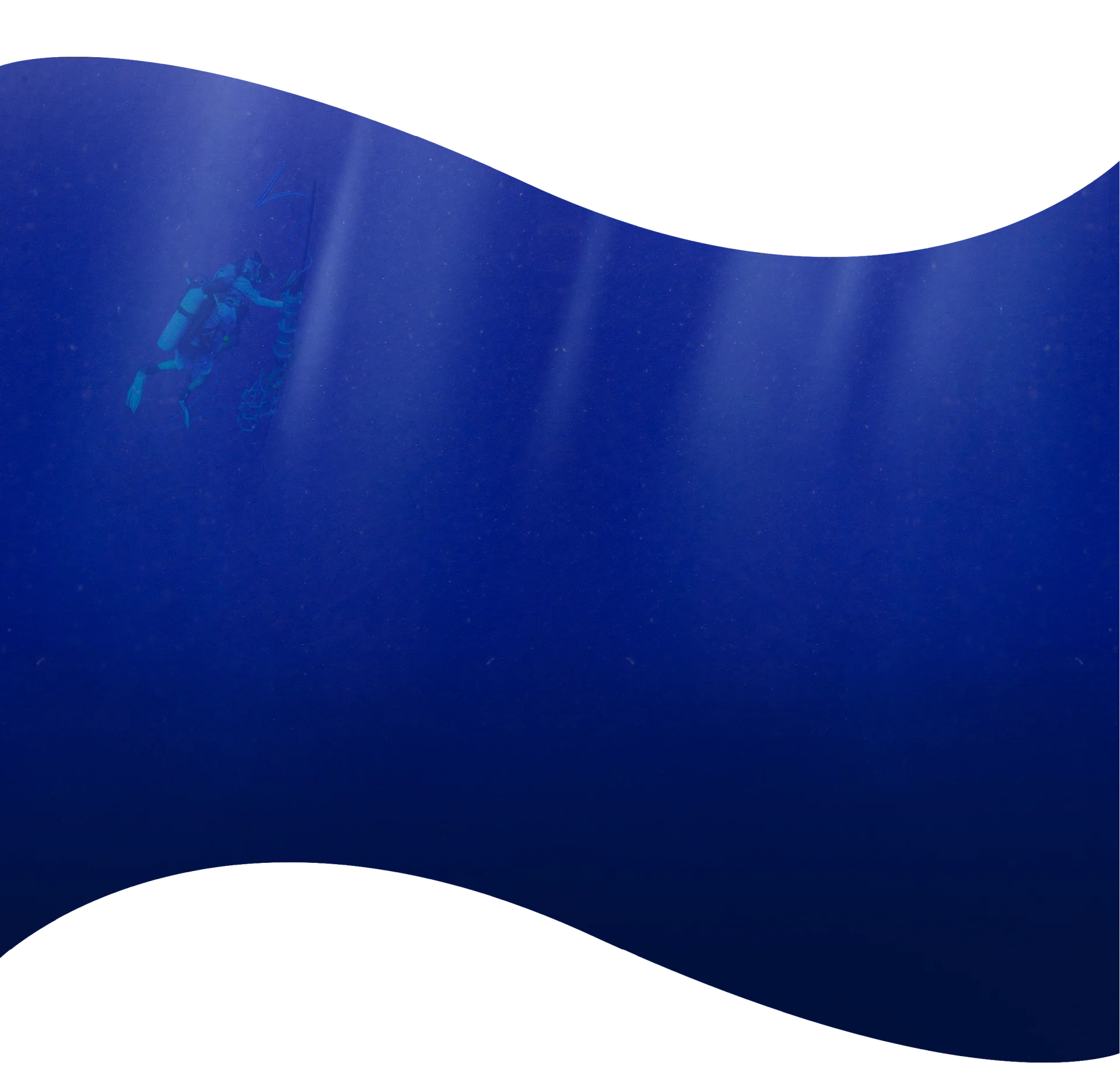
Dive into the science of how
we’ll understand what whales are saying
We at CETI are unified by the shared goal of applying technology to amplify the magic of our natural world, and we know that to realize interspecies communication, our science must be audacious.
au·da·cious / Adjective
Showing a willingness to take surprisingly bold risks.
Being audacious means pushing the boundaries of how Artificial Intelligence is applied for social good, engineering unprecedented ultra-gentle robots, and creating the most comprehensive open-source animal communication dataset ever created—as a start.
Let’s dive into the science!
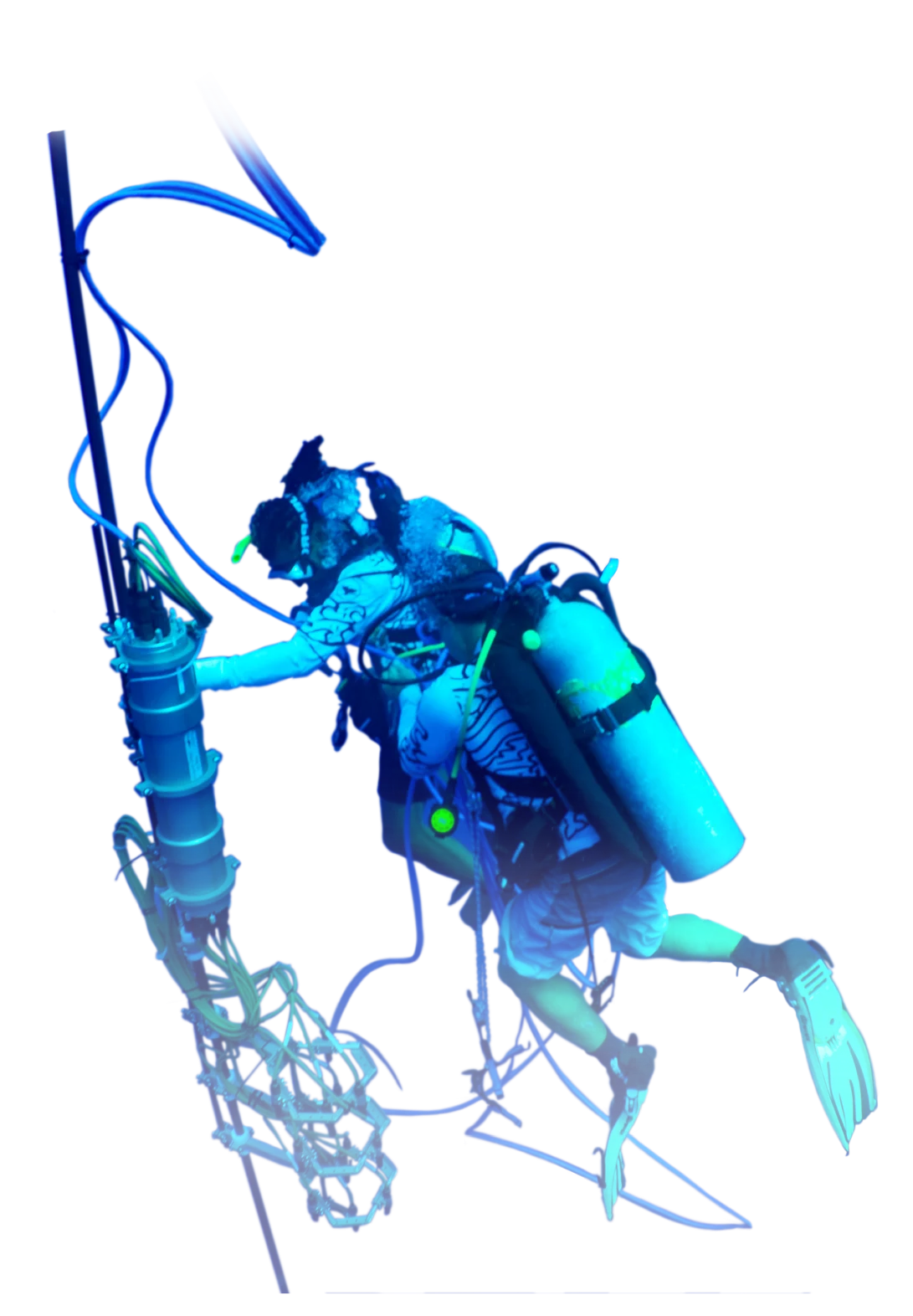
Photo credit: Dan Tchernov
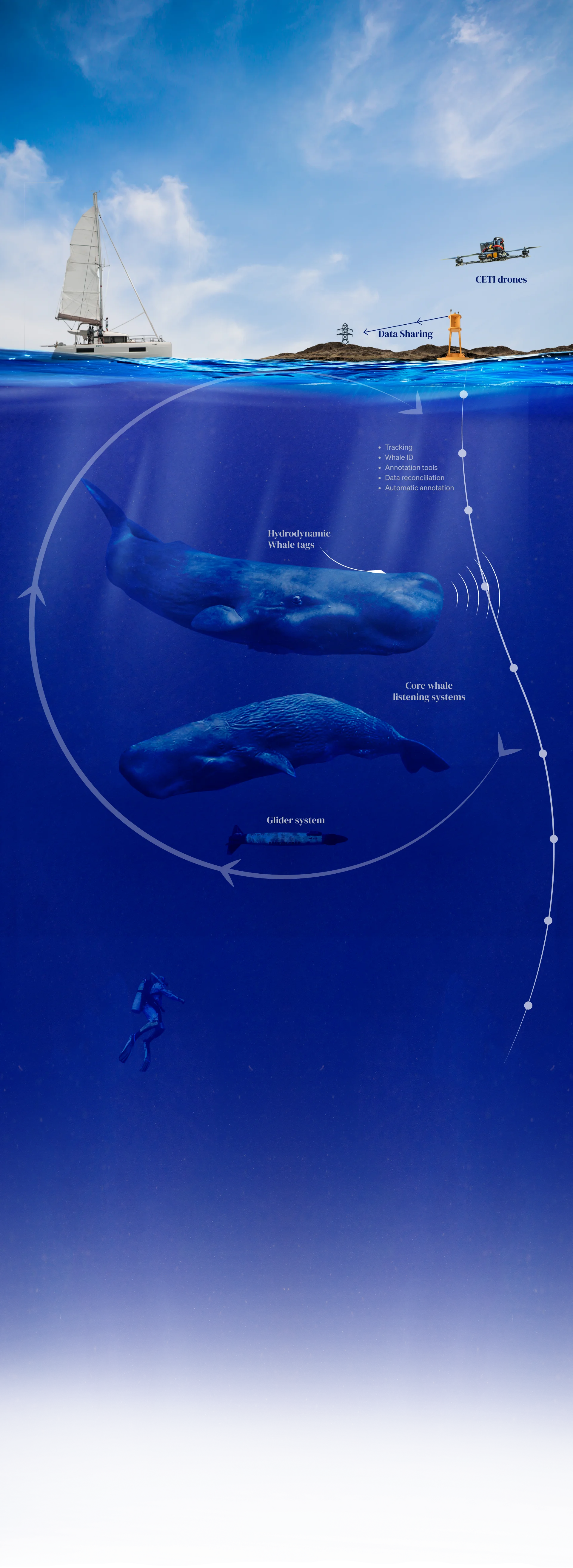

The CETI Ecosystem
Leaps Forward in Field Biology and Data
By identifying specific whales, usage patterns, body language, and meaning in context, we stand to make exponential leaps in our knowledge of whale communications.
Engineering Gentle Robotics
Biology
- Social dynamics
- Field operations
- Behavioral content
Refining Machine Learning and Linguistics
Machine Learning
- Whale language model
- Linking behavior & language
- Whale “chat bot”
Leaps Forward in Field Biology and Data
By identifying specific whales, usage patterns, body language, and meaning in context, we stand to make exponential leaps in our knowledge of whale communications.
- Core whale listening systems – These were custom designed and engineered under the guidance of Prof. Roee Diamant, CETI’s lead of bioacoustics and head of the University of Haifa’s underwater Acoustic and Navigation Laboratory. Each of CETI’s Core whale listening systems includes five whale recording units (WRU) and 28 hydrophones at intervals from 40-800 meters. This information (3TB/month) flows to the surface via a fiber optic connection and is then uploaded to CETI’s data pipeline in the cloud.
- CETI novel glider system that includes a whale recording unit (four hydrophones) and also has a custom “back-seat driver” capability that allows the glider to share information on whales and take new commands. This allows for specific whales, such as mothers and calf pairs, to be recorded for days, even if they travel for hundreds of kilometers. The glider software is open-source and could represent a phase-shift in how humans study whales around the world.
Engineering Gentle Robotics
Sperm whales, with their highly developed neuroanatomical features, cognitive abilities, social structures, and discrete click-based encoding make for an excellent model for advanced tools such as machine learning, allowing us to develop linguistic models that reveal the structure of animal communication.
- We are collecting over 400 million recordings of sperm whale coda clicks that will help us understand the dynamics of sperm whale social networks.
- By inspecting codas in their conversational context, our Machine Learning Team is on the verge of releasing a sperm whale phonetic alphabet.
- We discovered that sperm whales produce calls with context-specific syntactic stringing of codas, such as “Let’s dive” coda sequences.
- Our Linguistics Team has uncovered the first evidence of vowels and diphthongs in sperm whales.
- We are refining cutting-edge machine learning techniques that use “unsupervised” methods to translate language, laying the groundwork for the most comprehensive and layered open-source animal communication dataset ever created.
Refining Machine Learning and Linguistics
Engineering novel non-invasive, bio-inspired robotics to record sound and visual information has advanced the field’s ability to collect data and study our natural world in more futuristic and thoughtful ways.
- We engineered bio-inspired, hydrodynamic whale tags that utilize gentle suction cups to enable up to 3-days of streamed data collection. We also created machine learning algorithms that allow us to place whale tags with minimal pressure when it is applied. The sensors also include GPS positioning to facilitate tag recovery once it detaches from the whale.
- CETI drones utilize the whales’ echolocation clicks and the data collected via underwater acoustic sensors to guide the drone’s flight patterns, giving us the ability to tag the whales using drones without needing to get close with a boat.
- A newly developed whale heart sensor embedded in the whale tag suction cups produces electrocardiogram (ECG) signals that will allow us to better understand whale physiology, health and possibly even sleep.
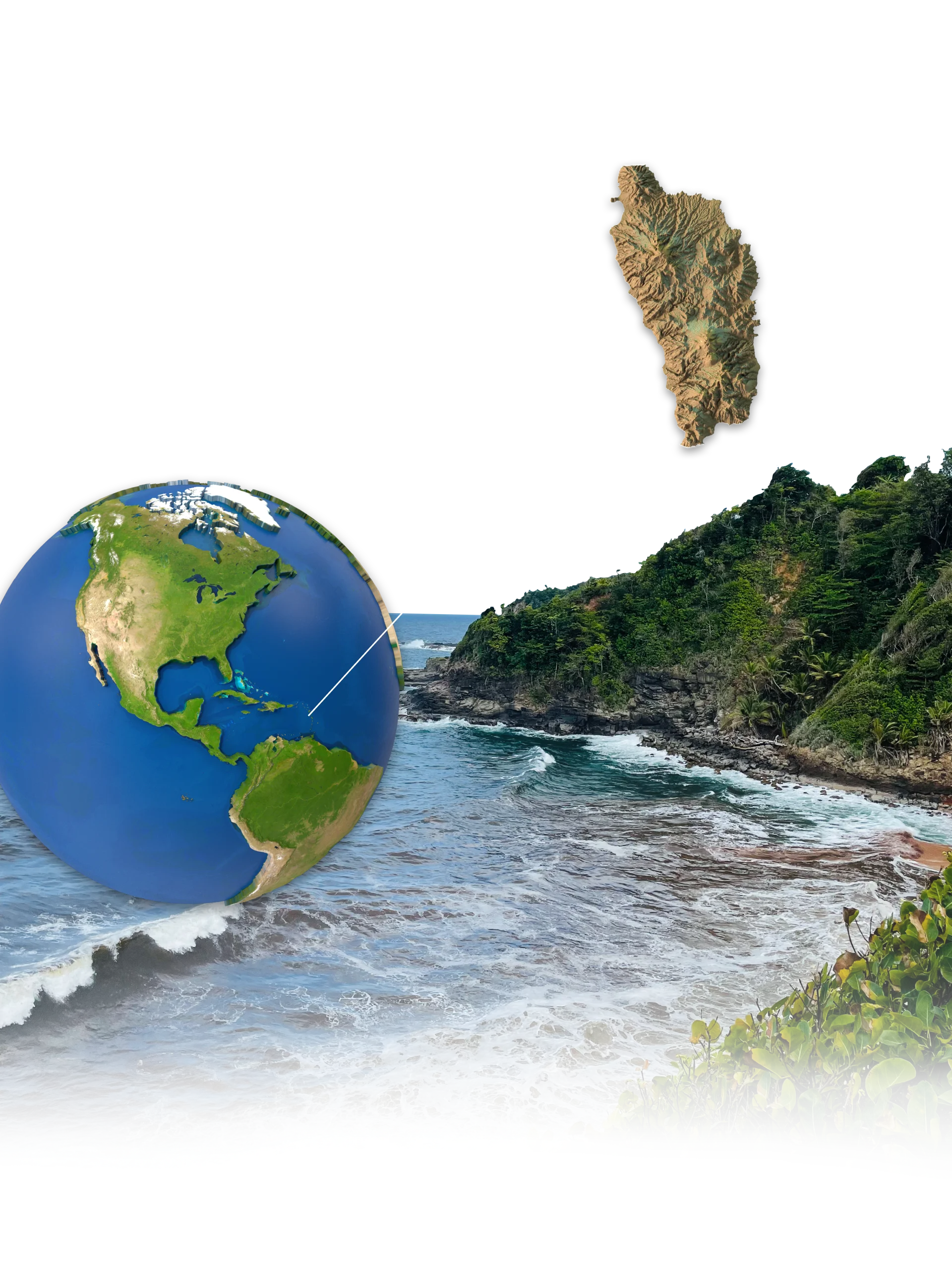
Dominica
Where it All Happens.
CETI scientists are attempting to change our relationship with the natural world for the better, and they couldn’t do it without the small island nation of Dominica.
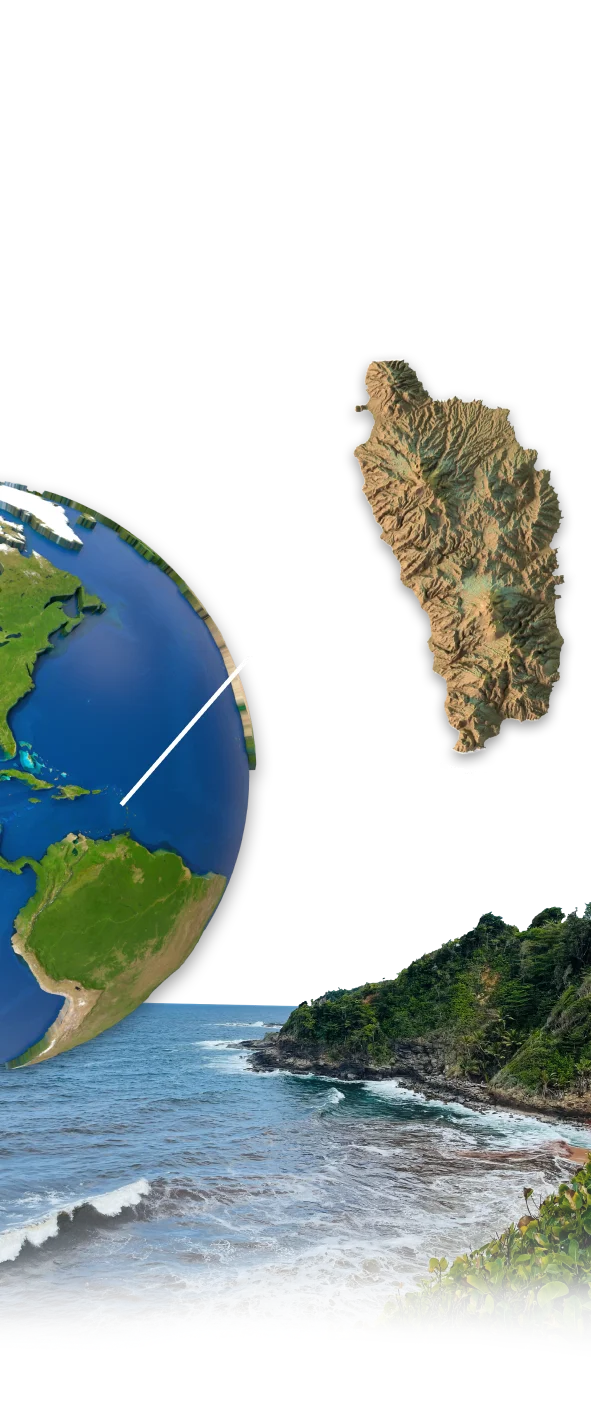
Photo: Michael Lees, National Geographic Society
We are bringing attention to Dominica’s conservation leadership and marine industry through a variety of initiatives:
Our Dominica field operations team is using a mix of research vessels, boats, and other equipment to collect data from over 200 whales living off Dominica’s shore.
Through our partnership with the Government of Dominica, we are creating a model for how marine conservation initiatives support and collaborate with the local communities in which they are rooted.
Co-created with the National Geographic Society, we offer a 10-month Dominica Marine Conservation Fellowship training program that allows young Dominicans to learn about marine science, research techniques, water and vessel skills, storytelling, and leadership.
As part of our public engagement, we are planning to collaborate with artists and creators in Dominica to amplify CETI’s mission and the island’s vibrant culture.
Our Partner in Scientific Exploration
The National Geographic Society
From deploying new exploration technology to cultivating place-based storytelling, NGS and CETI are pushing the boundaries of knowledge and uncovering new insights about the natural world.


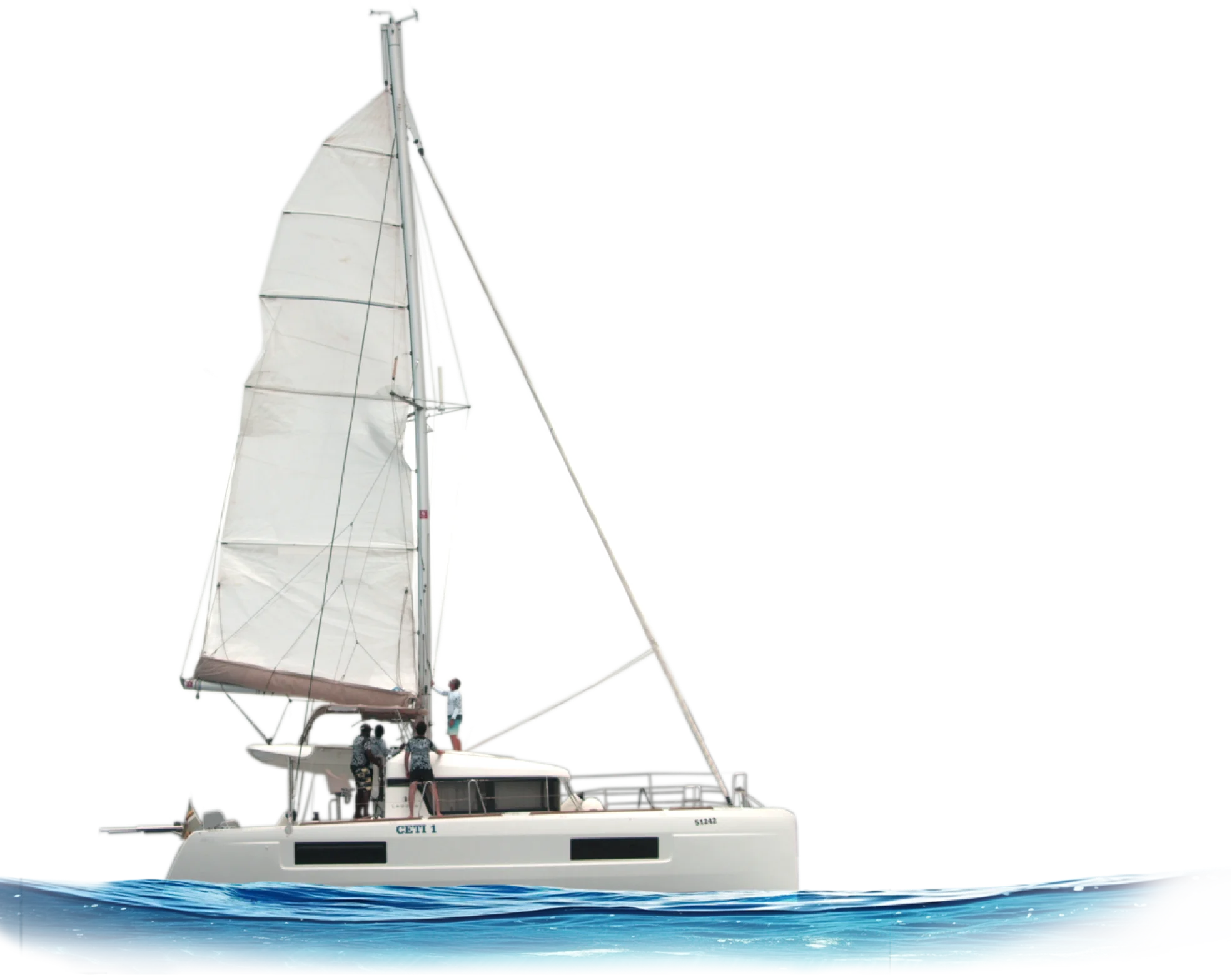
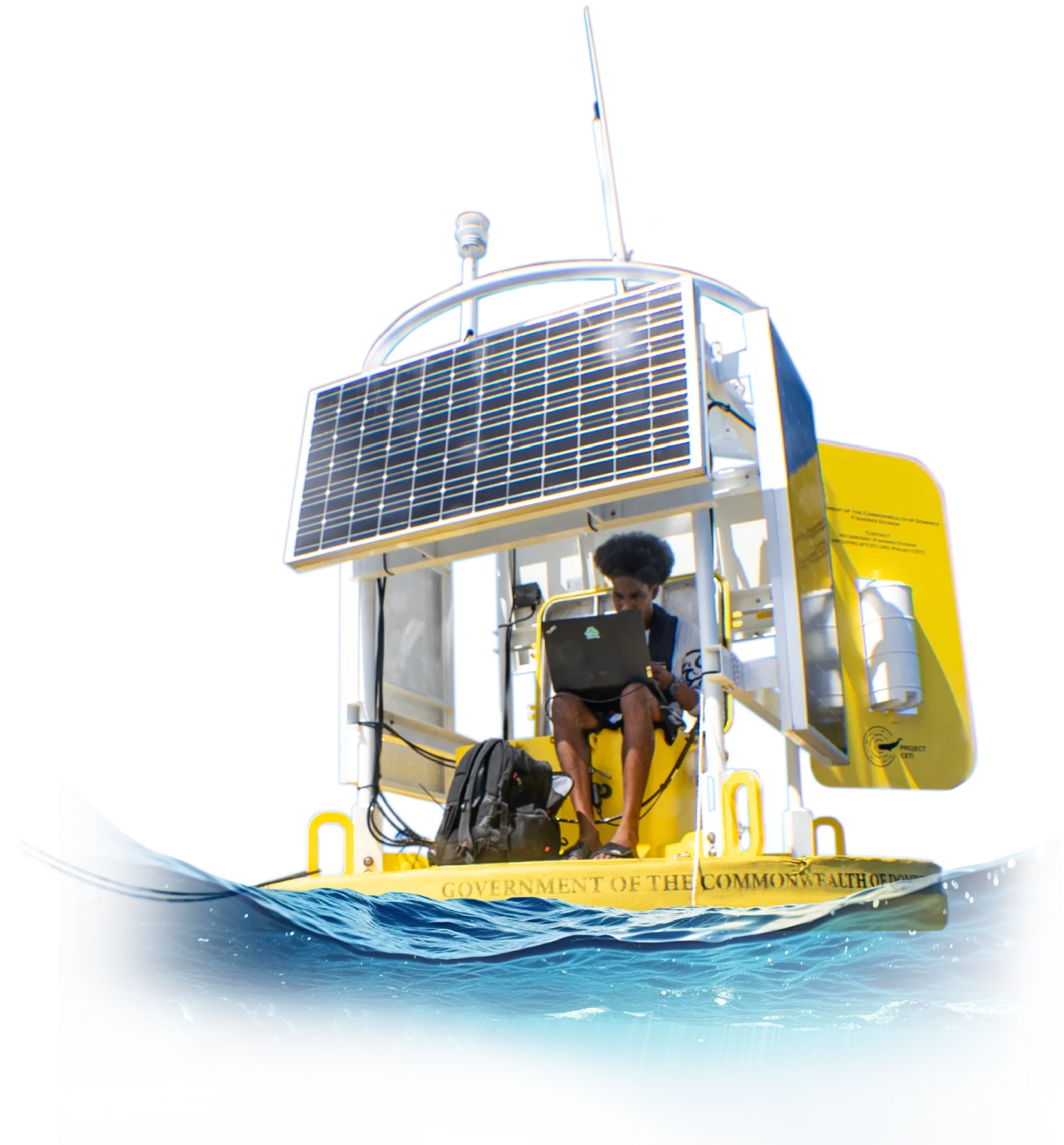
Representative CETI Publications
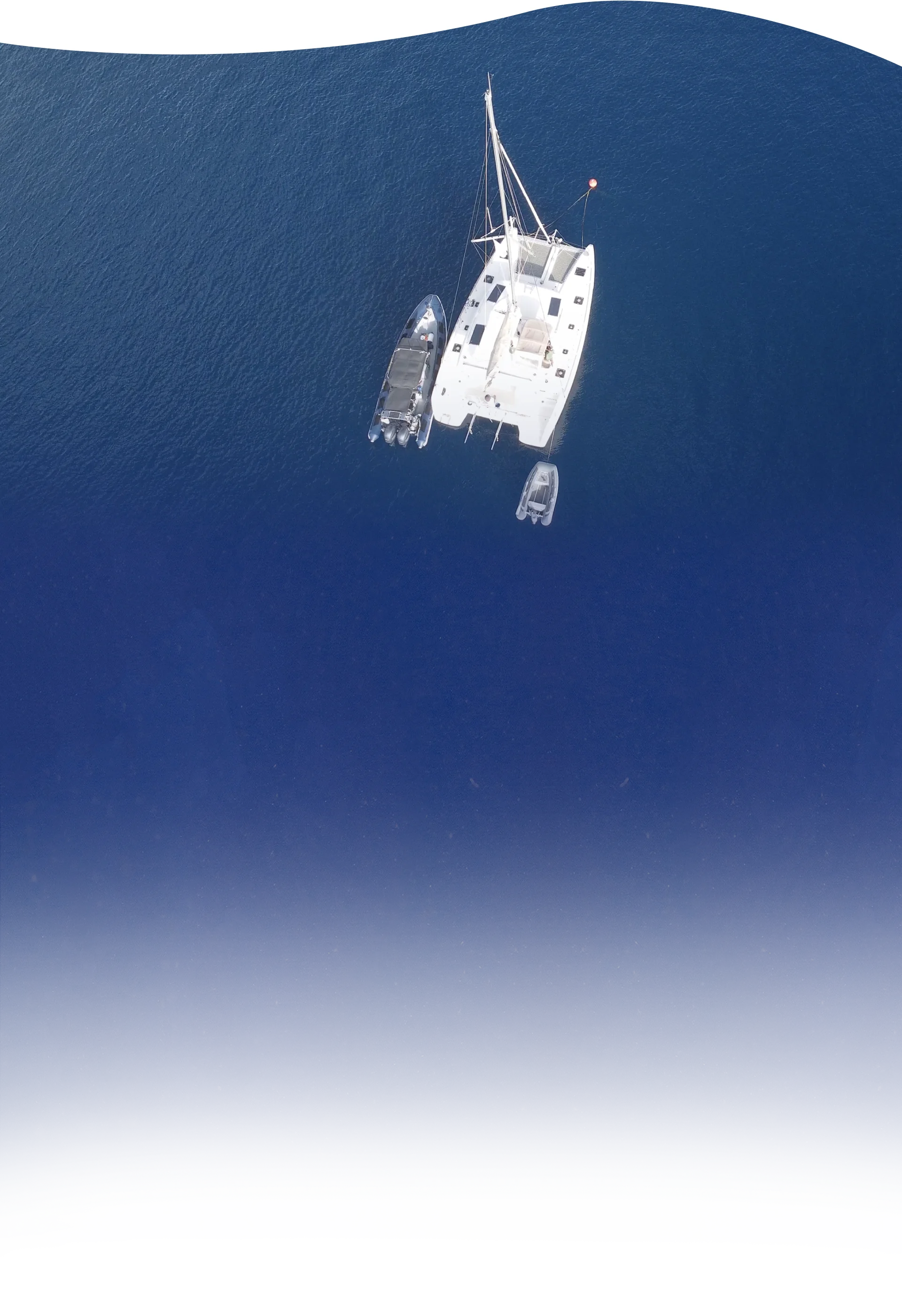
Nonprofit Team
CETI’s nonprofit team is based in the United States and Dominica and is responsible for the organization’s core mission and operations.
Deceased *
Science Team
CETI’s science team is made up of world’s leading artificial intelligence and natural language processing experts, cryptographers, linguists, marine biologists, roboticists and underwater acousticians from a network of universities and other partners.
David Gruber - Founder, President & National Geographic Explorer
Dr. Yaniv Aluma - Research Station Manager, Project CETI
Dr. Jacob Andreas - Assistant Professor of Electrical Engineering and Computer Science, MIT
Maor Assayag - PhD Student, University of Haifa
Zethra Baron - Dominica Fisheries Liaison, Fisheries Division
Courtney Baumgartner - MS student, Carleton University
Dr. Michael Bronstein - Machine Learning Team Lead and DeepMind Professor of Artificial Intelligence Oxford of University
Alik Chebotar - PhD student, University of Haifa
Sushmita Bhattacharya - PhD Student, Harvard University
Dr. Gašper Beguš - Linguistics Team Lead, and Assistant Professor of Linguistics, University of California Berkeley
Sushmita Bhattacharya - PhD Student, Harvard University
Dr. Michael Bronstein - Machine Learning Team Lead and DeepMind Professor of Artificial Intelligence Oxford of University
Alik Chebotar - PhD student, University of Haifa
Shlomi Dahan - Acoustic Engineer, University of Haifa
Oscar Davis - PhD Student, Oxford University
Hon. Jullan Defoe - CETI Liaison, Minister, Fisheries Division
Sarah de Haas - Program Manager, Google
Dr. Joseph DelPreto - Postdoctoral associate, MIT CSAIL
Roberto Dessi - PhD Student, University Pompeu Fabra
Dr. Roee Diamant- Underwater Acoustics Team Lead, Associate Professor, University of Haifa
Dr. Shai Einbinder - Marine Operations Team Lead, University of Haifa
Kevin George - Skipper, Project CETI
Dr. Shane Gero - Biology Team Lead, Dominica Sperm Whale Project & National Geographic Explorer
Darren Gibbons - IT Specialist, Project CETI
Dean Gibbons - IT Specialist and Software Engineer, Project CETI
Dr. Stephanie Gil - Robotics Team Lead, Assistant Professor of Computer Science, Harvard University
Dr. Shafi Goldwasser - Theoretical Analysis Team Lead, Director, Simons Institute for the Theory of Computing, University of California, Berkeley
Guy Gubnitsky - PhD Student, University of Haifa
Odel Harve - Marine Operations Specialist, Project CETI
Dr. Alyssa Hernandez - Postdoctoral associate, Harvard University
Mapal Ishay - MS Student, University of Haifa
Ninad Jadhav - PhD Student, Harvard University
Krishna Murthy Jatavallabhula - Postdoctoral Associate, MIT CSAIL
Dr. Adam Tauman Kalai - Senior Principal Researcher, OpenAI
Lakshyana K.C. - Graduate Research Intern, Harvard University
Dr. Byungchul Kim - Post-doctoral Researcher, MIT CSAIL
Andrej Leban - MS Student, University of California at Berkeley
Jason Lee - MS Student, MIT CSAIL
António Leitão - PhD Student, CENTAI
Dr. Leigh Livne - Project Coordinator, University of Haifa
Dr. Maxime Lucas - Post-doctoral Researcher, CENTAI
Dr. Alaa Maalouf - Post-doctoral Researcher, MIT CSAIL
Peter Malkin - Senior Software Engineer, Google Research
Yaly Mevorach - PhD Student, University of Haifa
Itamar Merfeld - PhD student, University of Haifa
Orr Paradise - PhD Student, University of California, Berkeley
Carla Paillardon - Master’s Student, Harvard
Dr. Giovanni Petri - Principal Researcher, CENTAI
Simone Poetto - PhD Student, CENTAI
Emanuele Rossi - PhD Student, Imperial College London
Dr. Daniela Rus - CETI’s Robotics and Machine Learning Teams, Director of MIT’s CSAIL,
Dr. Michael Salino-Hugg - Electrical Engineer, Harvard University
Pratyusha Sharma - PhD Student, MIT CSAIL
Dr. Dan Tchernov - Lead, University of Haifa
Pernille Tønnesen - Postdoctoral Associate, Aarhus University
Dr. Antonio Torralba - Professor of Electrical Engineering and Computer Science, MIT
Daniel Vogt - Engineer and Program Manager, Harvard University
Dr. Robert Wood - Robotics Team Lead, Harvard University & National Geographic Explorer
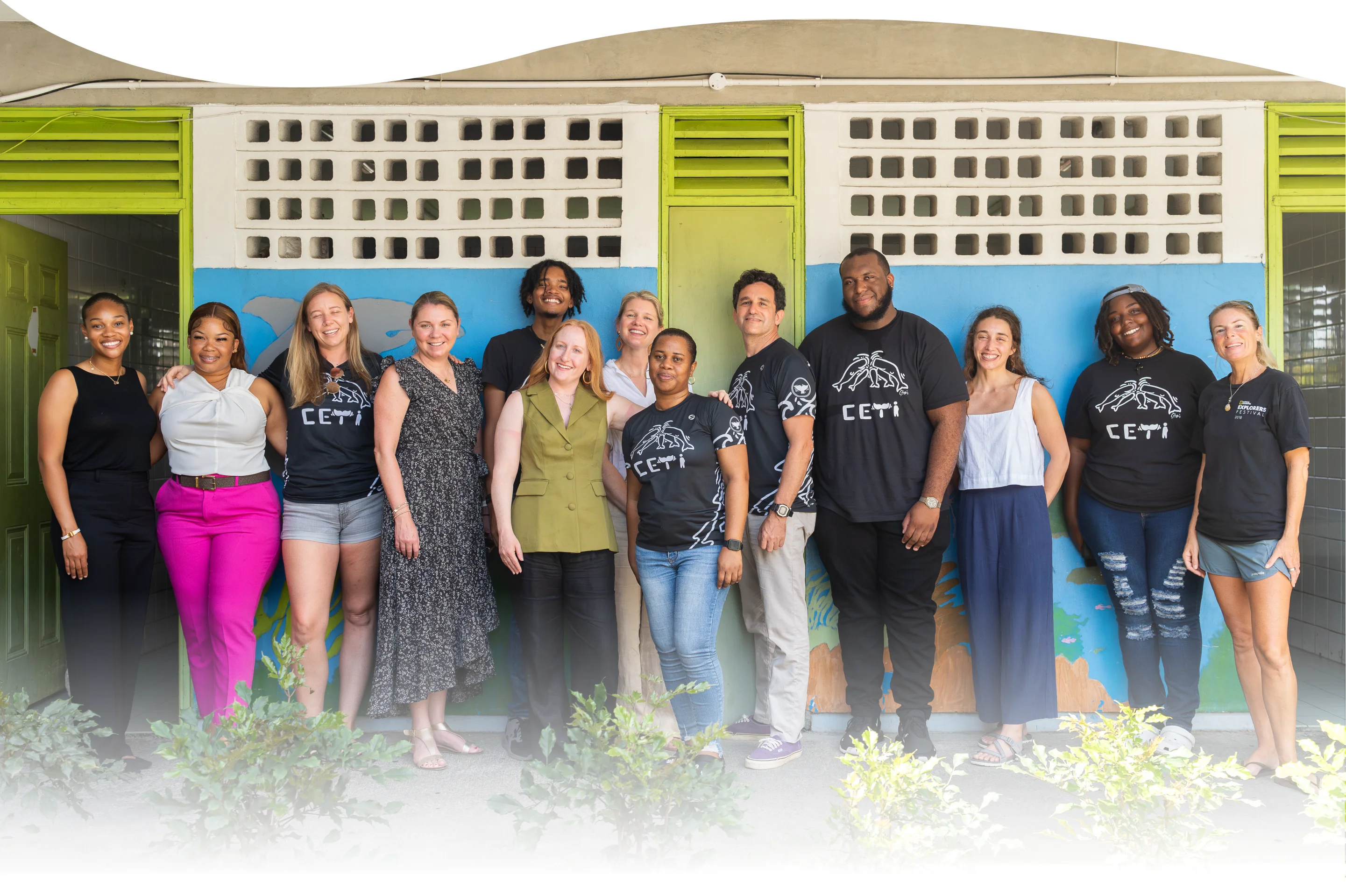
Photo: Kharlen Jervier
Project CETI Dominica Marine Conservation Fellows
CETI’s Dominica Marine Conservation Fellowship program is designed for young people in Dominica to engage in CETI’s research, a variety of programming and mentorship opportunities and receive diving certification. After they graduate from the program, fellows remain involved as mentors, session facilitators and community leaders.
- Adeola Xavier (2023/2024)
- Khade Elwin (2022/2023)
- Kodie Jean Jacques (2023/2024)
- Omari John-Rose (2022/2023)
- Tracey Daway (2023/2024)
- Whitney McLawrence (2022/2023)
- Yanson Hilaire (2023/2024)
Partners




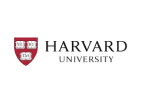







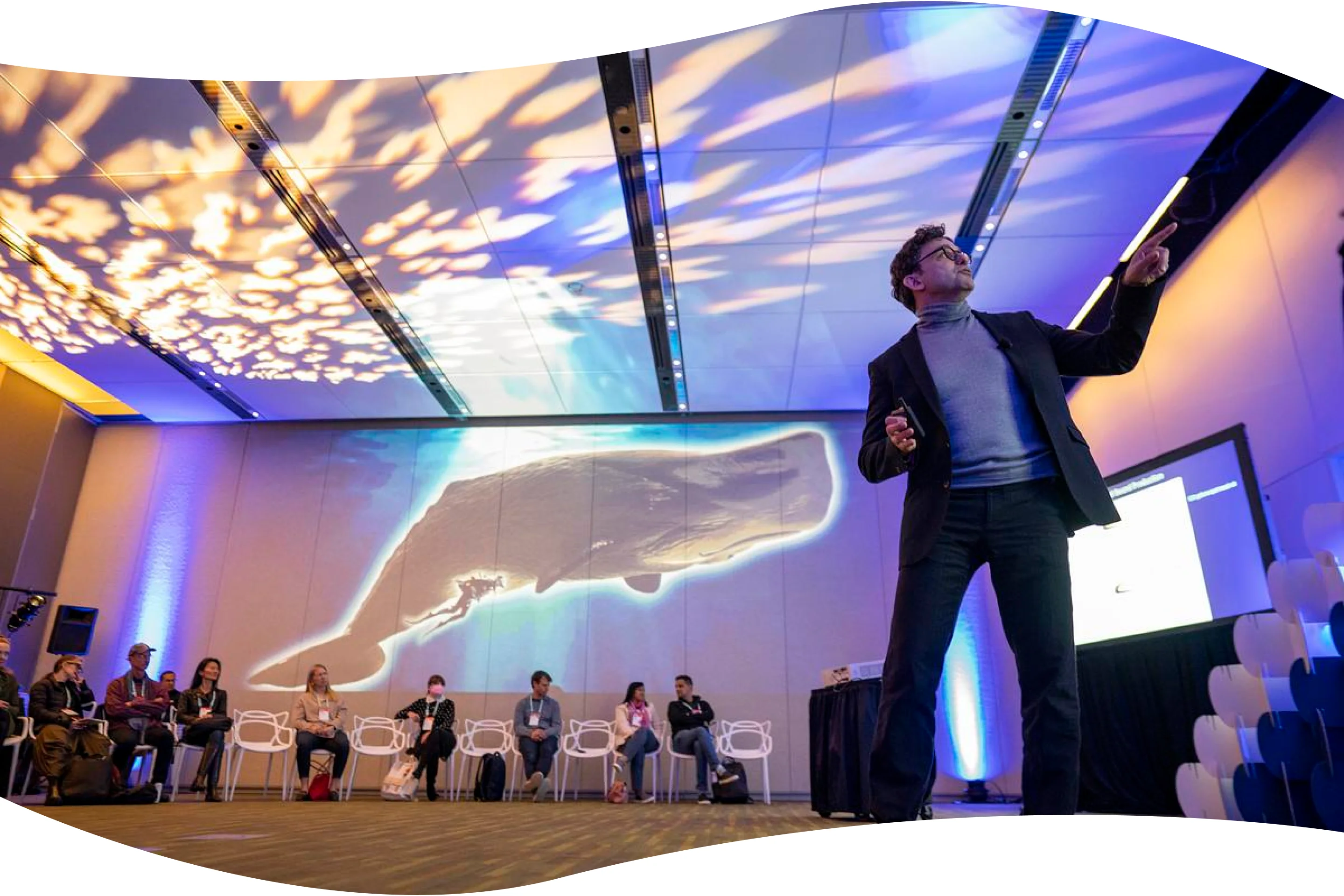
Our Donors
Many are instrumental in supporting our research on interspecies communication. Here are a few we’d like to mention*:
Anonymous
The Audacious Project
Chris Anderson / Jacqueline Novogratz
Dalio Philanthropies and OceanX
Lyda Hill Philanthropies
Matthew S. Grossman
National Geographic Society
Rosamund Zander / Hansjörg Wyss
Sea Grape Foundation
Silicon Valley Community Foundation
SparkJoy Foundation
Standard Industries Inc.
Virgin Unite
Photo: Jason Redmond, Ted 2023 Possibility Discovery Session

